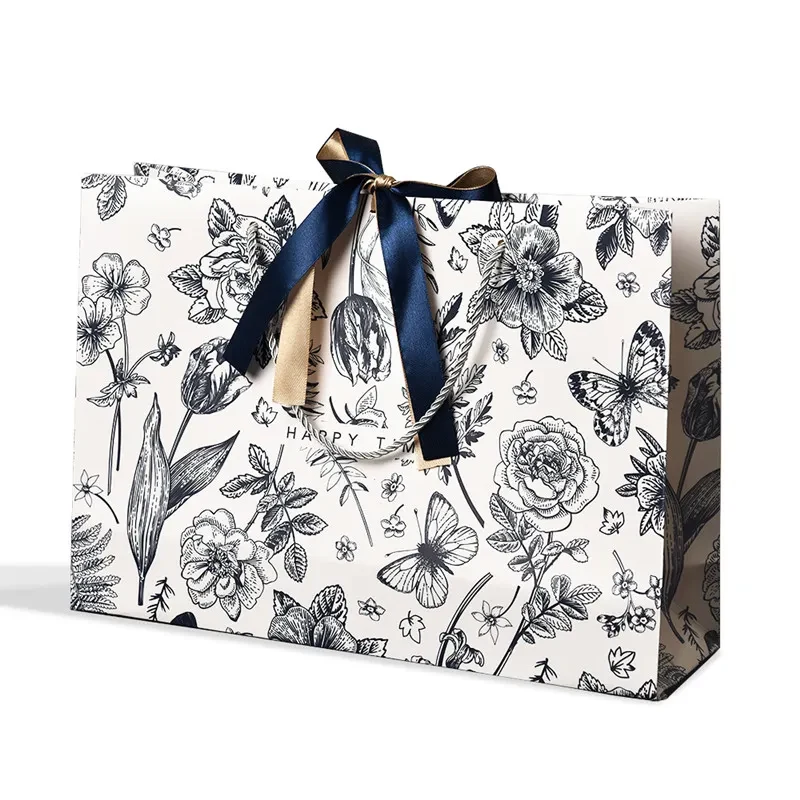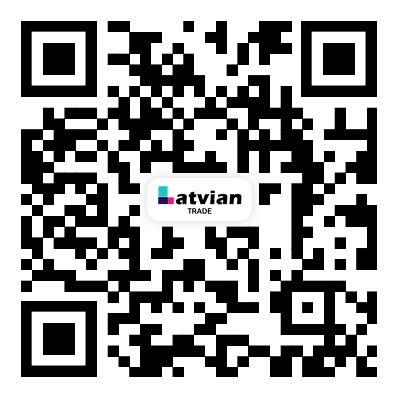How Should Soiled or Coated Paper Bags be Handled When Recycling?
2025-11-18
Recycling paper packaging is a critical part of sustainable waste management, but not all paper items are equally easy to recycle. In particular, soiled or coated paper bags pose challenges that demand careful handling. As experts in paper packaging, Wenzhou Yanhe Technology Co., Ltd. understands the subtleties involved, and this guide explains exactly how to manage these materials responsibly.
Why Proper Handling of Soiled or Coated Paper Bags Matters
When paper bags are contaminated with food residue, grease, oil, or other substances, they become more difficult to process. The recycling stream can be compromised by contamination that reduces both the quality and yield of recycled fibers. Coated paper bags, such as those lined with plastic or wax, present additional complications; the coating can interfere with pulping and deinking processes in recycling facilities.
At Wenzhou Yanhe Technology Co., Ltd., our team recognizes that improper disposal of these materials can lead to higher rejection rates at recycling centers. That is why we pay particular attention to how our Paper Bag products are designed, manufactured, and recommended for end‑of‑life handling.
Steps for Handling Soiled or Coated Paper Bags Before Recycling
Here is a recommended workflow for sorting and preparing paper bags for recycling:
- Inspect the Bags: Identify whether the bags are greasy, oily, or coated with wax or plastic.
- Clean if Possible: For lightly soiled bags, try to wipe or scrape off food residue or oil. Remove any solid debris.
- Separate Coated Bags: Set aside bags that have plastic or wax coatings, as they often require different recycling treatment.
- Bundle the Bags: Group clean, uncoated paper bags together. Keep coated or heavily soiled bags separate.
- Check Local Recycling Guidelines: Not all facilities accept coated or greasy paper. Contact your local recycling center or municipal waste authority to confirm acceptance.
- Dispose Correctly: If coated or soiled bags cannot be recycled through your local program, consider composting (if compostable), or sending them to specialized industrial recyclers.
Product Parameters of Our Paper Bag
To better appreciate why our paper bag designs may impact recyclability, here are the technical specifications of one of our most common models:
| Specification | Details |
| Model Name | Yanhe Standard Kraft Paper Bag |
| Material | 100% virgin kraft paper |
| Grammage (Basis Weight) | 120 g/m² |
| Coating | Uncoated (no plastic, wax, or PE liner) |
| Dimensions | Width: 300 mm x Height: 400 mm x Depth: 150 mm |
| Capacity | Up to 10 kg (depending on carry‑force) |
| Recyclability | Fully recyclable in standard paper stream |
| Certifications | FSC‑certified, ISO 9001 quality, ISO 14001 environmental |
| Production Location | Wenzhou, China (our main facility) |
Wenzhou Yanhe Technology Co., Ltd. places recyclability at the core of our design philosophy. Because we control our entire production chain, our factory ensures that our Paper Bag offerings avoid barriers to recycling. In our factory, we avoid using mixed materials that complicate pulping. In addition, our quality control team evaluates potential contamination risks and optimizes fiber purity.
Environmental and Economic Benefits of Proper Recycling
Properly handling soiled or coated paper bags delivers both environmental and economic advantages:
- Reduced Contamination: By cleaning and separating, we lower rejection rates at recycling centers.
- Improved Fiber Yield: Uncoated and clean bags from our Paper Bag line contribute high-quality fiber that can be repurposed.
- Lower Disposal Costs: Sorting materials before recycling helps municipalities reduce landfill tipping fees or incineration costs.
- Support for Circular Economy: Our design strategy at Wenzhou Yanhe Technology Co., Ltd. ensures that our supply chain supports closed-loop recycling.
Practical Tips for End Users
Here are actionable recommendations for consumers, retailers, and waste handlers who receive soiled or coated paper bags:
- Keep a dedicated bin for paper packaging to reduce cross-contamination.
- Discourage the use of heavily coated bags when uncoated options (such as our Paper Bag) are available.
- Be transparent with recycling providers: label or sort coated bags separately.
- Advise suppliers that you prefer recyclable paper packaging — at Wenzhou Yanhe Technology Co., Ltd., we welcome such feedback.
Conclusion
Handling soiled or coated paper bags correctly is essential for maintaining the integrity of the recycling stream. By following the steps outlined above—inspection, cleaning, separation, and correct disposal—you can significantly contribute to effective waste recycling. At Wenzhou Yanhe Technology Co., Ltd., our factory is wholly committed to designing Paper Bag products that minimize recycling challenges, and our approach supports both environmental sustainability and economic efficiency. When you choose a recyclable, uncoated Paper Bag, you help close the loop on paper waste and contribute to a greener future.
FAQ: How Should Soiled or Coated Paper Bags be Handled When Recycling?
Q: Can greasy or food‑soiled paper bags be recycled with regular paper?
A: In many recycling programs, lightly soiled bags may be accepted if cleaned first, but very greasy or food-stained bags often contaminate the paper stream; it’s best to check with your local recycling facility and, if necessary, separate them or dispose of them through composting or specialized recycling.
Q: What should I do with paper bags that are lined or coated with plastic or wax?
A: Coated bags must typically be handled separately; their non‑paper lining interferes with standard pulping. It is important to bundle these bags and ask your recycling provider whether they have a facility that handles lined or laminated paper, or consider sending them to a specialized industrial recycler.
Q: Does using an uncoated, kraft-style paper bag (like ours) make a difference for recycling?
A: Absolutely. Using uncoated Paper Bag products significantly improves recyclability because there is no barrier to pulping, and the fiber can be more easily and cleanly recovered. When you choose a bag from Wenzhou Yanhe Technology Co., Ltd., you help ensure a better recycling outcome and support a more circular economy.



